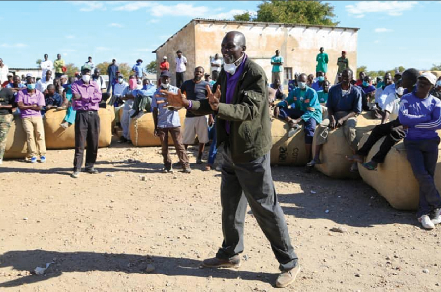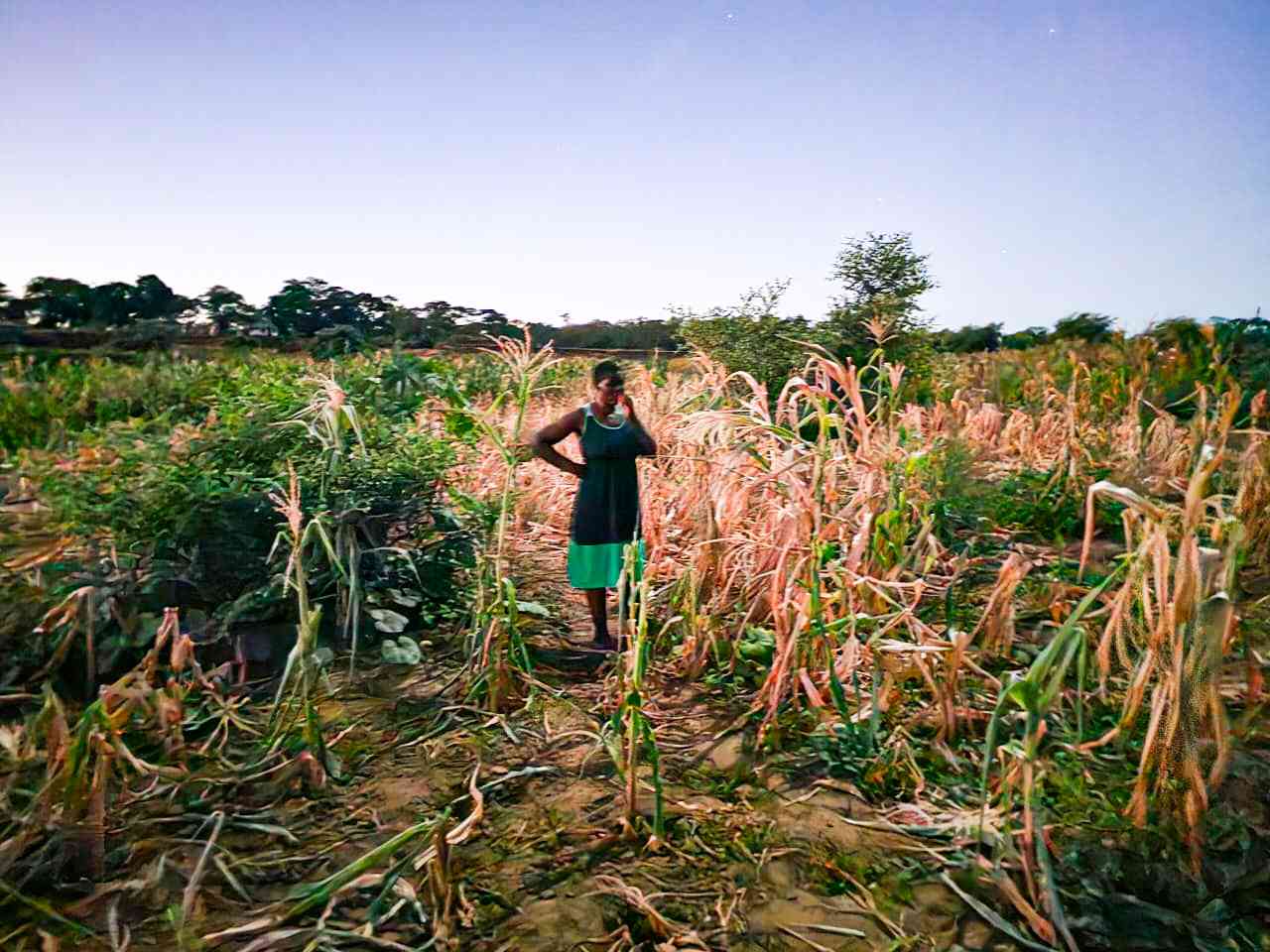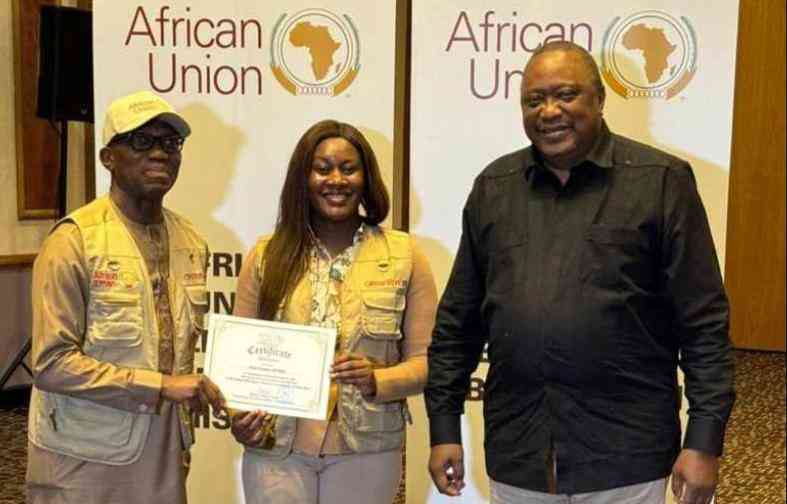
EDSON Kalungwe, a Gokwe farmer and husband to five wives, looked miserable as he waited for his turn to pour out his heart but one thing was clear, he no longer had hope of getting paid for his cotton crop.
BY MOSES MATENGA
He confessed his passion for cotton farming, which had transformed his life for decades, enabling him to sustain his big family, but quickly admitted that all was no longer well.
Kalungwe would not be able to realise his dreams as the hyperinflationary environment in the country was eroding the close to $2 million he was expecting from the sale of this year’s cotton crop.
The award-winning cotton farmer was supposed to be paid after producing more than 270 cotton bales for the market, but he and several other farmers have been waiting since April and it looks like nothing is coming.
Hyperinflation, foreign currency shortages, cash shortages, poor government policies and corruption made worse by the recent limit of transactions to $5 000 a day all compounded his problems.
Kalungwe gazed at legislators from the Parliamentary Portfolio Committee on Agriculture comprising Gokwe-Nembudziya Member of Parliament Justice Mayor Wadyajena (chairman), Eric Murai and Tafanana Zhou as if his eyes were searching for answers.
Just like many other farmers from Chitekete, Kuwirirana, Chinyenyetu, Nemangwe and other parts of Gokwe, harvests for this season had made them dream big, entertaining ideas to purchase trucks, tractors, more cattle and sending their children to university, but the dreams are now under threat.
- Chamisa under fire over US$120K donation
- Mavhunga puts DeMbare into Chibuku quarterfinals
- Pension funds bet on Cabora Bassa oilfields
- Councils defy govt fire tender directive
Keep Reading
“I have 224 bales still in these premises. The money you were supposed to pay me is over $2 million, but instead of celebrating being a millionaire, I am troubled,” Kalungwe said.
“I have people I hired to assist in the field. They are always at my place demanding their payment and I don’t have answers to their questions anymore. I now look like a dishonest person. I cannot even sleep. Why not do what you do with tobacco to immediately pay farmers once they are done? You stay for months without paying us and the money will lose value.”
Kalungwe appealed to the committee to ensure they are paid in United States dollars as almost all shops are charging in foreign currency.
“I am also a transporter, but all my vehicles are broken down,” the farmer said.
“If I am to be paid $5 000 per day as per the EcoCash limits, it will take months to get all my money. Meanwhile, inflation will be ravaging. It is now impossible to pay farmers,” he said.
Jephat Ngwenya, another farmer who produced 78 bales and was expecting more than $600 000 said his initial calculations would have seen him buying a tractor, a truck and sending his two children to university but because of inflation and the poor payment methods, all was set to come to naught.
“Cottco announced in March that they will pay $43,94/kg. We were happy and when we did the calculations, I realised I would buy a grinding mill, a truck and send my children to university,” he said.
“I, however, realised all was not well when I bought a soft drink for $50. I realised inflation has killed all my dreams. My plea to Cottco now is instead of paying the money that has been hard hit by inflation, buy me a tractor, 10 cattle and send my two children to university.”
In March, cotton prices were set at $43,94/kg, translating to more than $8 000 per bale (200kgs), but Cottco said it was yet to receive money to pay the farmers and the little foreign currency they received only last week from the central bank was not sufficient to satisfy the farmers.
For a bale of cotton, a farmer is supposed to get US$10, 38% in local currency (cash) and the balance through EcoCash, but according to Cottco, the local currency was yet to be availed and they had only a few US dollars in their coffers.
“We are behind time and we are not allowed to take cotton from selling points before we pay for it. Our fear is that the quality will be compromised and we will lose,” said Cottco business manager for Gokwe, Praise Makombore.
“We cannot even face the farmers as it stands and we don’t have the money we had promised them. What we have received at the moment are a few US dollars that we are giving the farmers US$10 per 200kgs (bale) and above and US$5 for each pack from 199kgs to 115kgs. We have paid those who have delivered and we cannot pay all of them. Our lines (EcoCash agent lines) were blocked, so we don’t have any other means to pay the farmers and we have not also received bond notes to pay them.”
So dire is the situation that Cottco was offering 750ml of cooking oil to cushion farmers while also engaging retailers to acquire basic commodities for the farmers but the cotton growers said all they wanted was their money.
Other farmers said they got advance payments of as little as $1 000 via EcoCash and if they were to get that today, it would make no sense and would not buy anything meaningful.
“Someone who should be paid $200 000, for example, it would take him 40 days to get all his money. Just think of someone who is supposed to get close to $2 million,” Cotton Producers and Marketers Association national chairman Stewart Mubonderi said.
Mubonderi said he was the one who wrote to Parliament to seek the intervention of the MPs to address the dire situation threatening the cotton industry.
He said the involvement of the parliamentary committee should bring the desired change as cotton farmers were facing serious challenges.
“Cotton farmers are not being paid up to now. It is only yesterday when farmers started receiving US$10 per bale which I also feel must be raised. The price that was initially announced was very good but due to inflation, it now amounts to nothing,” Mubonderi said.
He said cotton prices, under the circumstances, should be reviewed weekly in the wake of the new government foreign currency auction system, which is reviewed weekly being used to define the new interbank rate.
Gokwe produces 60% of the national cotton produce, but the farmers in the area say they are yet to be paid their dues, months after they finished harvesting and tales from the farmers were sad and presented a desperate case.
Another farmer, Brown Mahachi said he had delivered 26 bales and received an advance that allowed him to buy bags of cement at $200 each using EcoCash, but due to inflation, it now is a different story.
“When I got my advance payment, I bought bags of cement at $200 each but now the cost of a single bag of cement is more than $1 600 because of inflation, yet the remainder of my money remains the same. What it means is that when it is finally paid, it will buy nothing. A huge loss for me,” Mahachi said.
Under normal circumstances, cotton farmers should be paid in April but due to several factors, cash crisis included, they are yet to be paid and most of them only received $1 000 EcoCash advance payments.
There are fears also from Cottco that if the current impasse persists, the quality of the white gold will be compromised. The cotton growers told legislators that they would not accept the local currency as the hyperinflationary environment would leave them poorer and in debt. “April is the start of cotton payment, but up to now nothing has been done. If we are paid in EcoCash, we will not be able to buy anything because of inflation and because of the daily limits of transactions,” Beauty Makai, a disgruntled farmer said, while brandishing a US dollar note saying it was the only currency they would accept as mode of payment. Wadyajena said the committee would produce a report with recommendations, assuring the farmers that their concerns would be tabled with responsible authorities with a view to addressing the cotton growers’ challenges.
“We will produce a report as the parliamentary committee and our mission here is to address all the challenges you are facing. Cotton farmers are integral in the economic development of our country and as your committee, I can assure you that your issues must be and will be looked into,” he told the farmers.
“I understand your predicament as cotton farmers and I would also want better payment just like what is given to tobacco farmers for example. Back in the day, cotton farmers would buy tractors, trucks and a lot of things but now, as you all said here, it is a crisis. We all need to have a solution to this and make sure cotton farmers get the reward they deserve from their hard work.”











